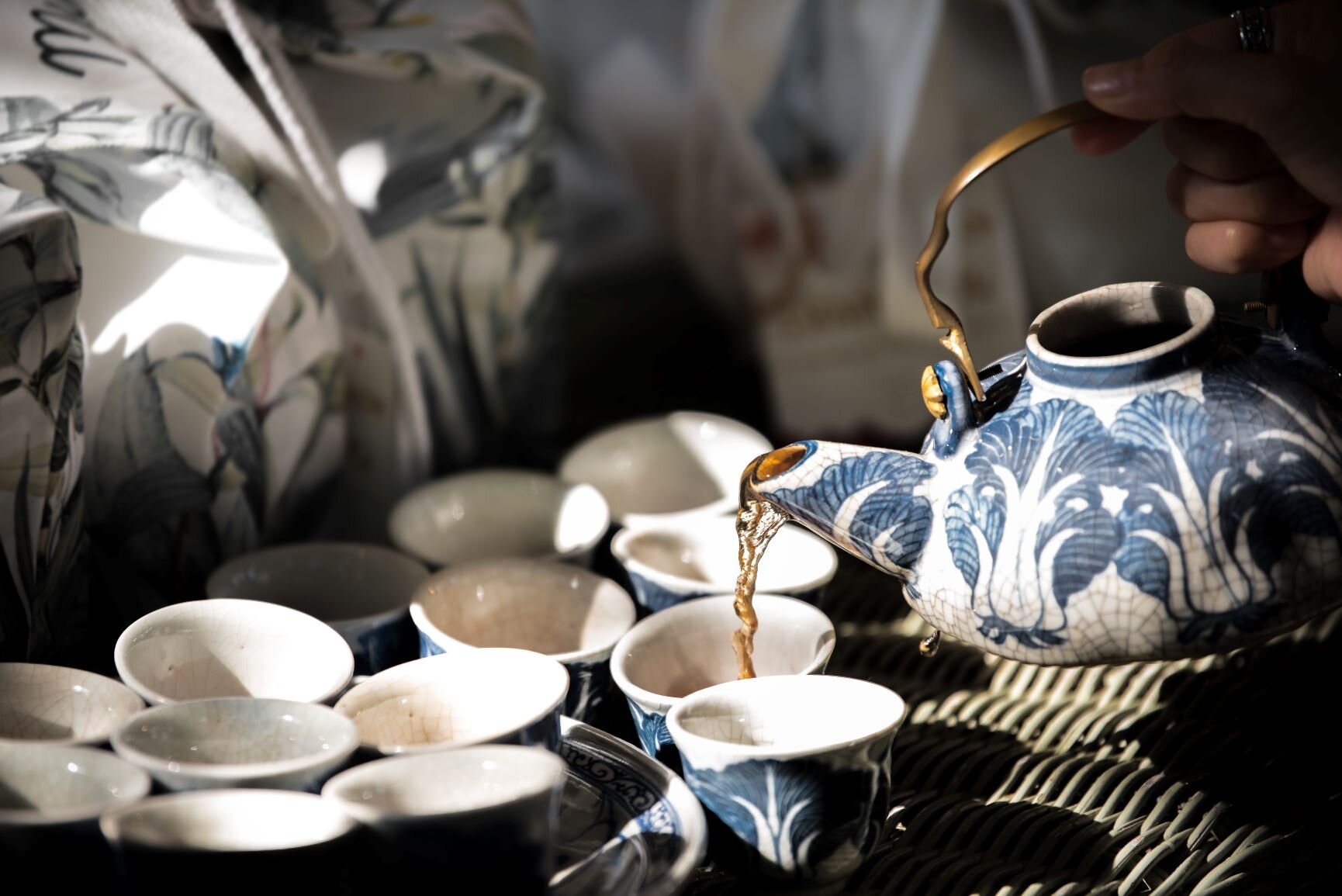Most people start their morning with a cup of coffee to give them the energy they need to be productive and get through the day. But aside from the caffeine fix, drinking coffee can help you live longer, reducing the risk of numerous diseases including cardiovascular disease, Parkinson’s disease, type 2 diabetes, and certain cancers.
While there are indeed other perks to drinking coffee, there are also risks to consuming too much. Excess coffee can lead to caffeine dependency, sleep disturbances, high blood pressure, and an abnormal heartbeat.
Tea is a great alternative option - producing many of the same benefits as coffee without the negative side effects. Tea is already one of the most popular beverages in America — consumed more than fruit juices, sports drinks, and energy drinks. This phenomenon isn’t unique to the U.S. - a survey from Gala Bingo points out that almost a third of the UK population reports drinking at least 5 cups of tea a day — a habit that often starts as early as 5 years old.
There are many good reasons for tea’s popularity, so let’s discuss why you should reduce your coffee intake and increase your tea consumption.
Tea helps lower cholesterol levels
Coffee naturally contains compounds called cafestol and kahweol, which can increase “bad” LDL cholesterol. These are removed in filtered coffee, but unfiltered coffee like espresso and French Press retains them. Tea, on the other hand, has been shown to reduce total and bad cholesterol. In fact, green tea has been called the No. 1 beverage to consume to improve cholesterol levels (black tea also has a beneficial effect on cholesterol).
Tea reduces energy crashes
You can stay awake longer when you drink tea, with steady energy levels instead of the spikes and crashes that come from coffee. The caffeine content in tea varies, but popular varieties like green tea and black tea contain only a fraction of the caffeine found in a cup of coffee. Switching from coffee to tea could cause a short-term caffeine withdrawal if you go straight from coffee to a low-caffeine type of tea (e.g. green tea). But if you gradually move down the caffeine scale (coffee -> black tea -> green tea is recommended), you will still experience the benefits of caffeine without withdrawal symptoms. The caffeine in tea has a slightly different chemical structure, so you can stay awake in a calm state, compared to coffee's jittery alertness followed by a crash.
Better sleep at night
Coffee can impact your sleep patterns and quality, whether you are a new or habitual drinker. For many people, drinking coffee after 1pm can have a negative effects on their sleep. Caffeinated tea is less problematic. And herbal teas, such as chamomile and lavender, are actually natural sleep remedies that help you to relax and unwind.
More antioxidants
Coffee and tea are both loaded with antioxidants, but tea contains some different antioxidants than coffee. For instance, the catechin EGCG in green tea is a potent antioxidant that has been shown to protect against cancer. Meanwhile, catechins in tea have antimicrobial properties and can lower the risks of cardiovascular disease and neurodegenerative diseases.
…
Coffee and tea are two of the healthiest beverages in the world. But excess coffee consumption poses some risks as well. If you have found yourself becoming overly reliant on coffee to get through the day, consider transitioning to tea instead.
Go slow – maybe you can still enjoy 1-2 cups of coffee in the morning and then shift to tea for the rest of the day. Black tea will help mitigate caffeine withdrawal symptoms, as you work your way toward green tea and herbal teas later in the day.
Switching from coffee to tea won’t just be a change in preference — it will be a lifestyle change that can have massive health benefits as well.
Andrew Merle is a Certified Nutritionist who writes about simple, evidence-based health tips that will improve your life. Subscribe to his email list at andrewmerle.com.
